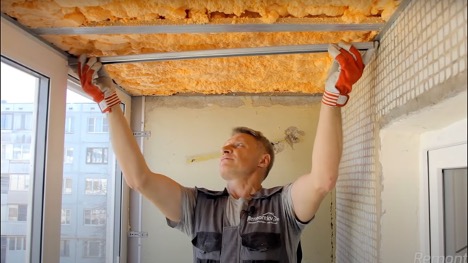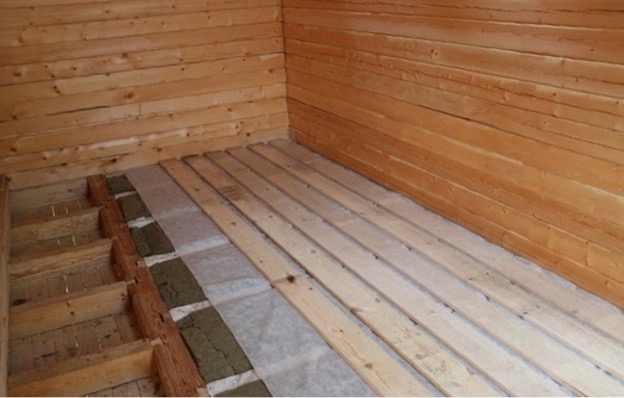Insulation with penoizol and milora: what are these materials, properties and composition
Penoizol is a semi-liquid foam with excellent thermal insulation properties. It is resistant to temperature changes, moisture, combustion, and protects well from noise and cold. Insulation with penoizol is carried out by pouring the mixture, for example, into formwork or the space between walls. When planning to use this material, you need to take into account its features and characteristics, which can be learned from the presented material.
The content of the article
What is penoizol
Penoizol is a relatively new and not yet widespread type of insulation. It is often called “milora” or “jupiter”, because it was under these names that the material was previously released in the USSR. If we consider what penoizol is in a chemical sense, then it is a liquid polystyrene foam of urea composition. Produced in 3 stages:
- Preparation of an emulsion based on urea (urea).
- Whipping.
- Adding formaldehyde.
The result is a liquid material, which is also called urea-formaldehyde foam (UF).
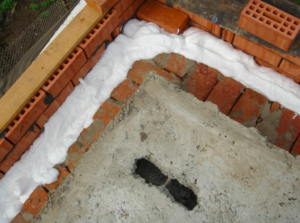
Characteristics of penoizol
We can say about penoizol that it is a liquid (very viscous) organic polymer with low thermal conductivity. If you insulate a room with a 5 cm thick urea board, it provides the same insulation as:
- concrete 210 cm;
- brickwork 90 cm;
- wood 34 cm;
- mineral wool 13 cm;
- polystyrene foam 7.5 cm.
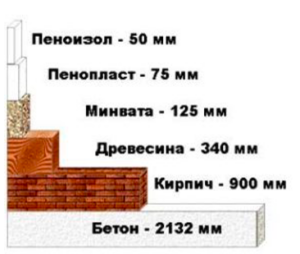
Traditionally, it is believed that the cheapest insulation is polystyrene foam, but polystyrene foam is often used instead as an improved version. However, knowing the properties of penoizol, we can say that milora is an even higher quality material with excellent thermal insulation.
Its main characteristics are:
- bulk density depending on the type 6-60 kg/m3;
- thermal conductivity coefficient 0.03-0.047 W/m*K;
- compressive strength (deformation up to 10%) 0.25-0.30 kg/cm2;
- water absorption within 24 hours 14-18%;
- operating temperature range from -60°C to +90°C;
- flammability class G2 (moderately flammable, not capable of spontaneous combustion, burning time without maintaining a fire source is up to 30 seconds).
Pros and cons of insulation
The photo of penoizol shows that it is white in color and looks like expanded polystyrene, polystyrene foam and other similar materials. If we take into account the characteristics and consumer properties of this insulation, we can highlight several objective advantages:
- excellent thermal insulation even with minimal thickness;
- space saving;
- resistance to combustion (which neither polystyrene foam nor expanded polystyrene has);
- resistance to moisture;
- resistance to temperature changes;
- low density, minimal load on the structure;
- excellent sound insulation;
- installation can be carried out in any season;
- warranty period up to 70 years.
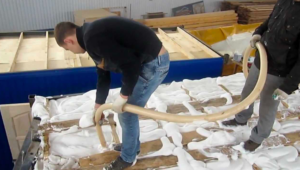
Penoizol has pros and cons:
- mechanical strength is low;
- the difficulty of insulation when pouring into formwork (if it is not installed firmly, it can move);
- shrinks up to 4%.
You can insulate any premises with penoizol - residential and non-residential. Since you can work with it even in winter, it is quite possible to insulate, for example, a garage or other outbuildings. But you need to keep in mind the specifics of the material, including the possibility of shrinkage.Therefore, it is better to invite a team of experienced craftsmen for installation.




